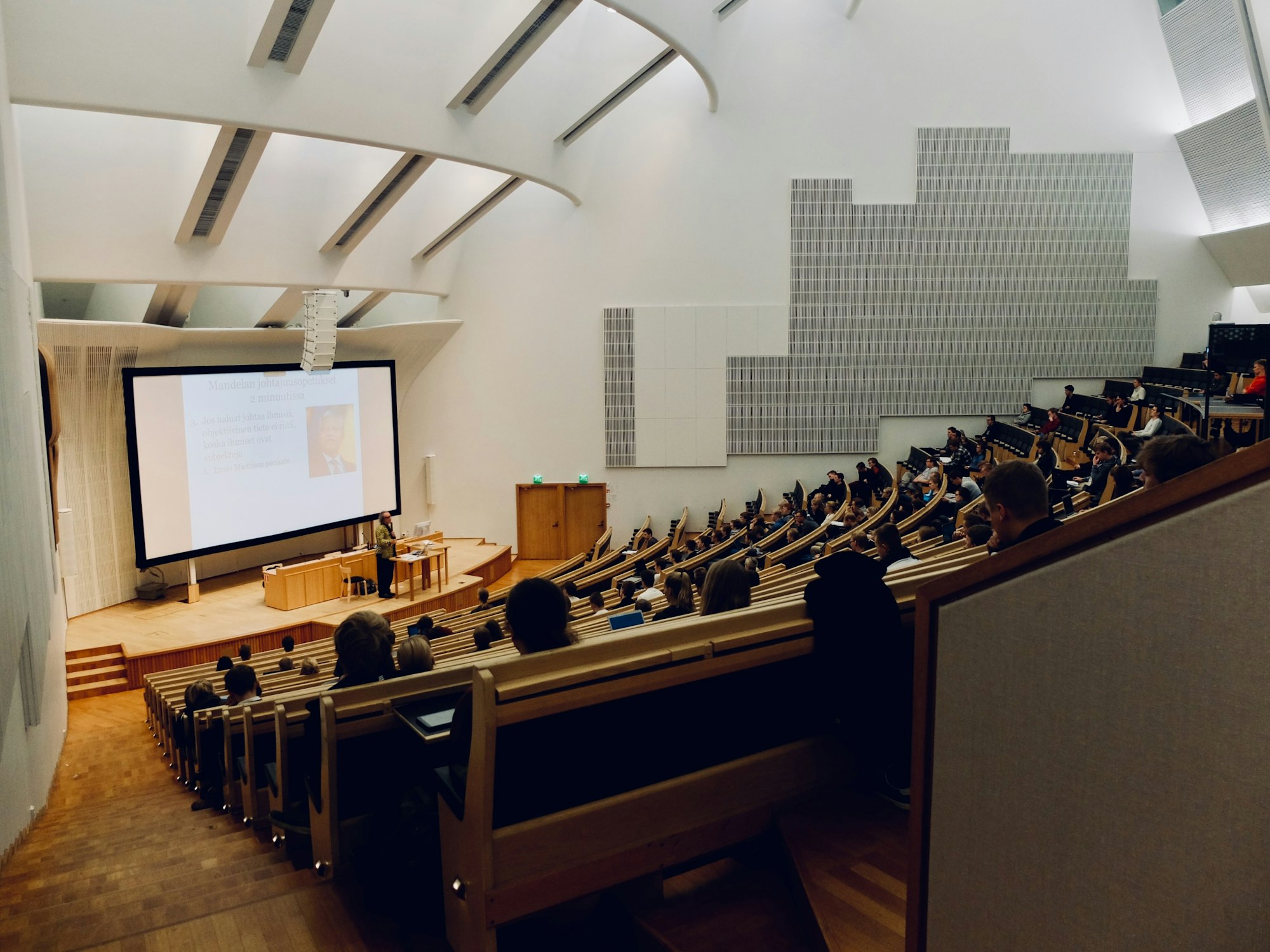(List #84)Engaging Faculty Through Fellowships
Engaging faculty in sustainability through fellowships.

Last week, I mentioned the Teaching Fellows program at Rowan University, and lately I’ve been finding lots of really interesting fellowship programmes for interested faculty. As I mentioned last week, I wish there were more efforts to engage all faculty and not just a select few that are already interested, so that all classes include these crucial and relevant lessons and not just a select few. Nevertheless, these are still very important and inspiring.
If you have any faculty engagement examples you would like to share, send them my way. I’ll likely keep featuring faculty examples for the next few weeks.
1. TEACHING THE TEACHERS
Every trimester, professors at EGADE, Graduate School of Business Administration and Leadership who teach go through an onboarding process where they are guided to strengthen the topics of sustainable finance, environmental and social governance, among others, to make the linkage of sustainability and finance clearer and more practical to students. A course on Impact Metrics was offered to faculty, developed in partnership with the Mexican Alliance for Impact Investment that brought together instructors from a range of leading Impact Investing initiatives globally. The objective was to prepare faculty to be able to teach these topics to students.
2. EMBEDDING
The SDG Challenge at Adam Smith Business School invites course teams and coordinators to explicitly embed one or more of the SDGs into their courses. Members of the RSM Steering Group provided short introductions for staff and offered one on one interactions sessions (called lightening sessions) that allowed staff to think through how they might begin to embed one or more SDGs. Presentations were also made at new staff inductions to ensure that thinking about SDGS and the curriculum was part of an ongoing process. The SDG Challenge initiative has been extended this year to include a badge that courses signing up to the challenge can display on their internal sites and lectures slides. The signing up has also enabled the team to track what SDGs are being referred to in which subject areas and levels.
3. SUSTAINABLE FELLOW
In 2019, Melbourne Business School launched the Sustainability Fellowships Program to integrate sustainability knowledge and practice into core undergraduate curriculum. This initiative established faculty-based fellowship positions responsible for embedding sustainability principles into each faculty’s offerings. Associate Professor Ben Neville was appointed as the inaugural Sustainability Fellow for FBE. Since 2019, he has worked within the program to elevate a focus on sustainability-related themes and topics in the core and compulsory subjects offered, including undertaking an audit of the sustainability content of all subjects in the pre-experience space.
4. OPEN PEDAGOGY FELLOWSHIP
Melville School of Business has partnered with a number of Colleges and Universities in the US and Canada to create a fellowship based on the SDGs. It involves faculty working with students to implement change through open pedagogy and community engagement via the creation of renewable assignments (with a Creative Commons license) to help students become agents of change in their communities. Successful applicants from participating institutions assemble into teams of 2-4 people and are expected to design three renewable assignments, at least two of which are expected to be deployed in the classes of each fellowship this Fall Semester. department.
5. SUSTAINABILITY FELLOWSHIPS
Sustainability Fellowships are awarded to full time University of British Columbia faculty members who are leading the design of new sustainability courses and programmes through a Sustainability Education Grant. Fellows meet up to share teaching and learning ideas, explore different teaching practices, learn from experts, and collaborate on projects, with support from UBC’s Sustainability Hub. There are currently 16 faculty members from 14 different schools who are working in interdisciplinary pairs on 8 curriculum projects.
